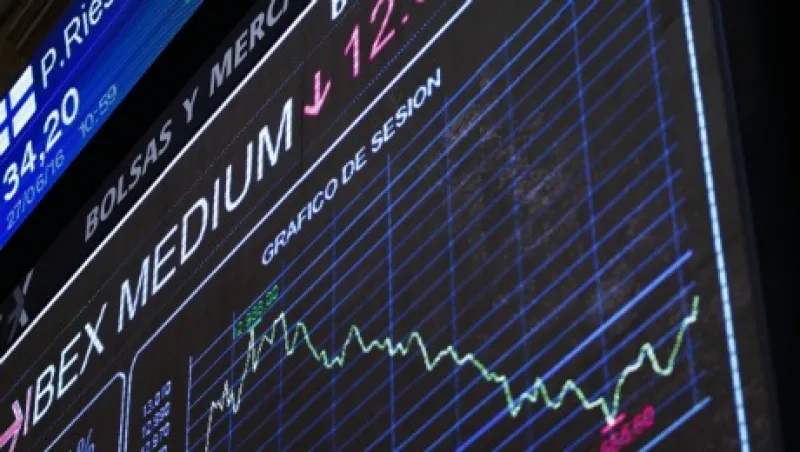Yields for sovereign debt issued by the U.S., the U.K., Australia, Japan and Germany have achieved record lows as investors consider the possibility of a low-growth, deflationary future that might drive extraordinary central bank market interventions for years to come. In advance of the minutes release later today of the last meeting of the U.S. Federal Open Market Committee, investors are wagering that no rate hike will occur before year-end as policymakers consider the risks associated with the U.K.’s departure from the European Union and sluggish demand from the developing world. For now, pension and endowment managers appear poised to face an indefinite future of ultra-low coupons from debt markets.
Third U.K. manager limits real-estate fund sales. Yesterday M&G Investments earned the dubious distinction of being the third U.K.-based asset manager to freeze redemptions from one of its real estate funds following a flight of capital after the Brexit referendum. Both Aviva Investors and Standard Life Investment preceded M&G in limiting investors ability to exit property funds.
Poland stays the course. Narodowy Bank Polski Governor Adam Glapinski and his colleagues voted to keep the benchmark seven-day rate at 1.5 percent today — in line with forecasts — in his debut rate announcement as the head of the central bank. The zloty declined versus the euro and other major currencies as low inflation and strong growth levels make a future hike unlikely.
Gold reaches multiyear high. Spot bullion prices for gold on the London Metals Exchange hit the highest level in over 24 months this morning in early trading at more than $1,371 per ounce. Meanwhile, silver prices have risen dramatically in recent days, driven in part by heavy speculative buying on the Shanghai Futures Exchange.
German factory orders slide lower. The Deutsche Bundesbank released factory order data today that was weaker than consensus forecasts, suggesting that Brexit fears weighed heavily on corporate leaders in May. At a contraction of 0.2 percent year-over-year, the headline order index was heavily driven by a decline in domestic demand for manufactured products.
Portfolio Perspective: Opportunities in European Mid-Cap Companies — Pieter Taselaar and Thijs Hovers
One thing that we are most convinced about is that in Europe we will see lower interest rates for longer. We are seeing an unprecedented, once-in-a-decade valuation opportunity in secular mid-cap cash yielders. We believe the cash compounders in the U.S. are fully valued, while in Europe all the large-cap and mega-cap cash compounders like Nestle and Unilever are trading near all-time high valuations. The disconnect we see between these large-caps and the valuations of our core holdings, which have proven to grow their sales and cash earnings through economic cycles, is more dramatic than ever. Again, we emphasize that this extreme disconnect does not exist because of a deterioration in the long-term earnings and cash flow prospects of our holdings but rather, due to a high level of risk aversion in the market.
Pieter Taselaar and Thijs Hovers are senior portfolio managers for Lucerne Capital Management in Greenwich, Connecticut.






